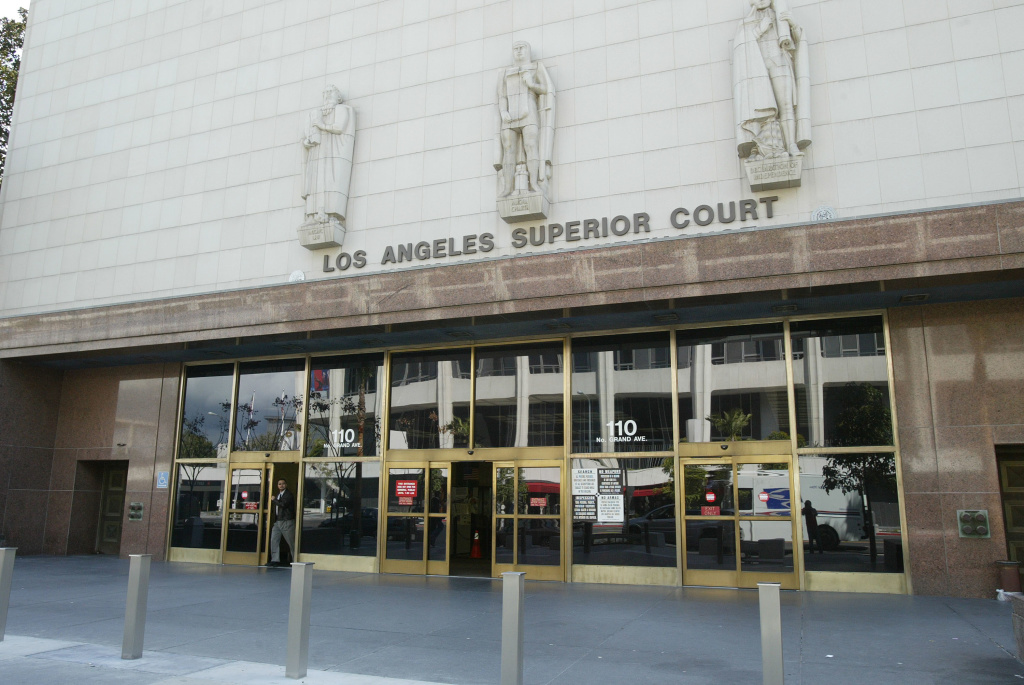In simple terms, probate is nothing more than the process a legal court takes to wind down the earthly affairs of someone that has passed on. This process concludes legal and financial matters after death. Assets are itemized, and liquidated in the best interests of the estate. Creditors, taxes, and other estate-related expenses are paid, with the remaining proceeds distributed to the heirs.
![]()
Complimentary Report
Duties of the Executor or Administrator & The Probate Timeline
An executor is entrusted with responsibility for winding up someone's earthly affairs - a big or little task, depending on the situation. Essentially, an executor is charged with protecting a deceased person's property until all debts and taxes have been paid, and seeing that what's left is transferred to the people who are entitled to it.
The law does not require an executor to be a legal or financial expert, but it does require the highest degree of honesty, impartiality, and diligence. This is called a "fiduciary duty" - the duty to act with scrupulous good faith and honesty on behalf of someone else.
The probate process is overseen by the California Superior Court. Deadlines can be unforgiving, documentation is specialized, and the Court's oversight must be followed throughout the marketing, offers, negotiation and sale of the estate home.
We've put together a PDF so that you can better understand your role and responsibility of the executor and understand the carefully choreographed steps of the probate process.
GET YOUR COPY

You are not alone.
At a time when you should be allowed to mourn your loss, you are probably instead having to deal with lawyers, accountants, and a tangle of red tape.
We can explain the language, documentation, and steps to streamline the process. Call today to get peace of mind.
562-824-4846

